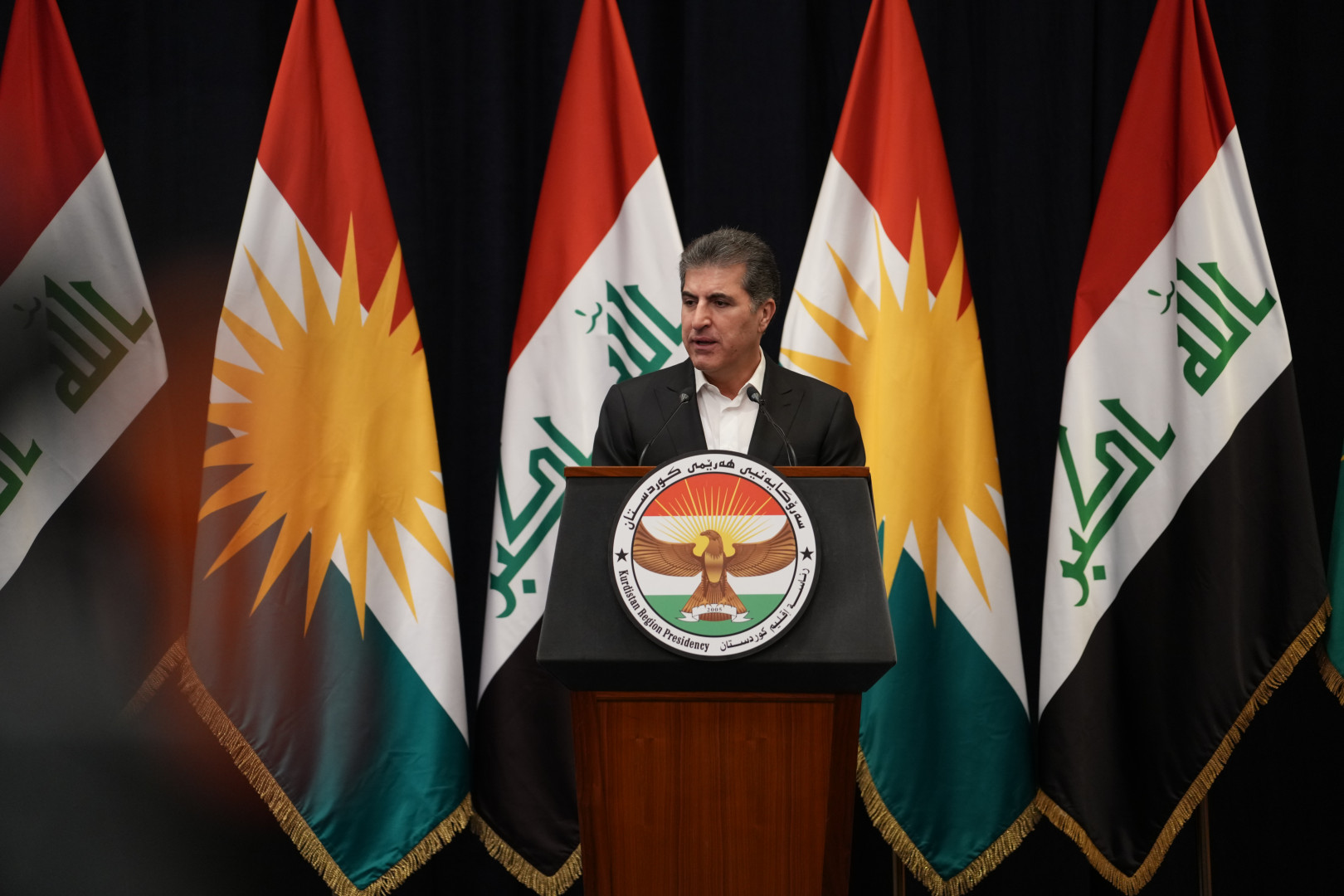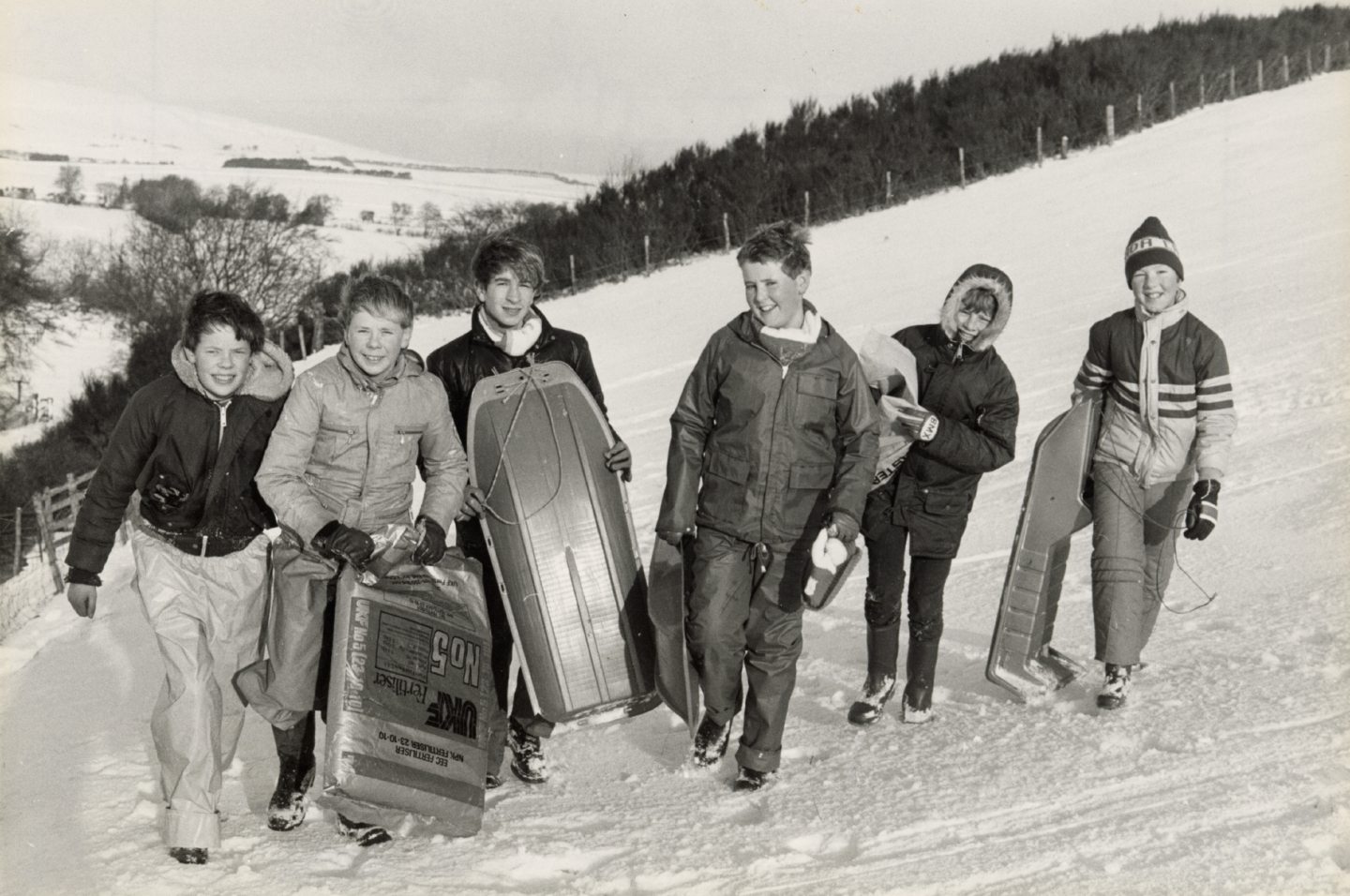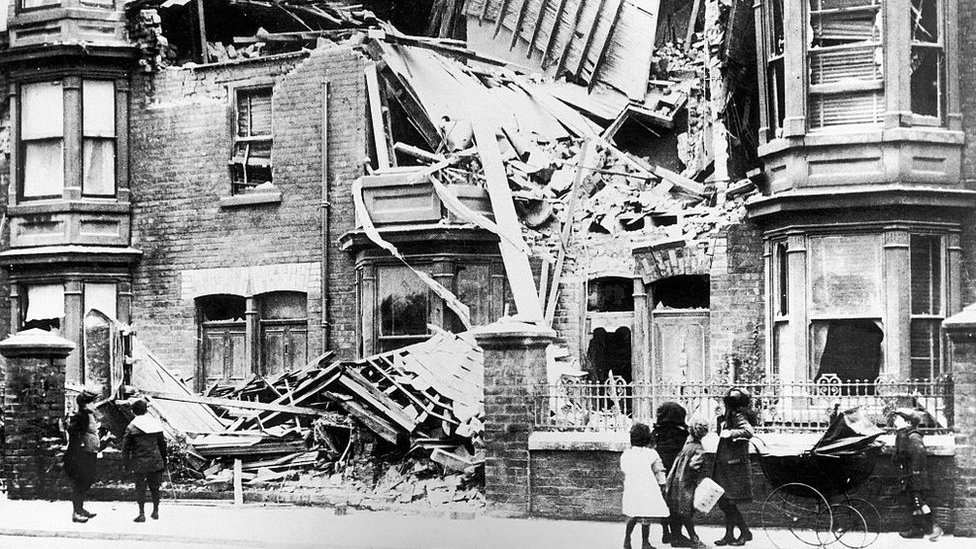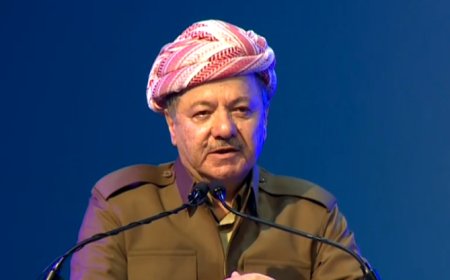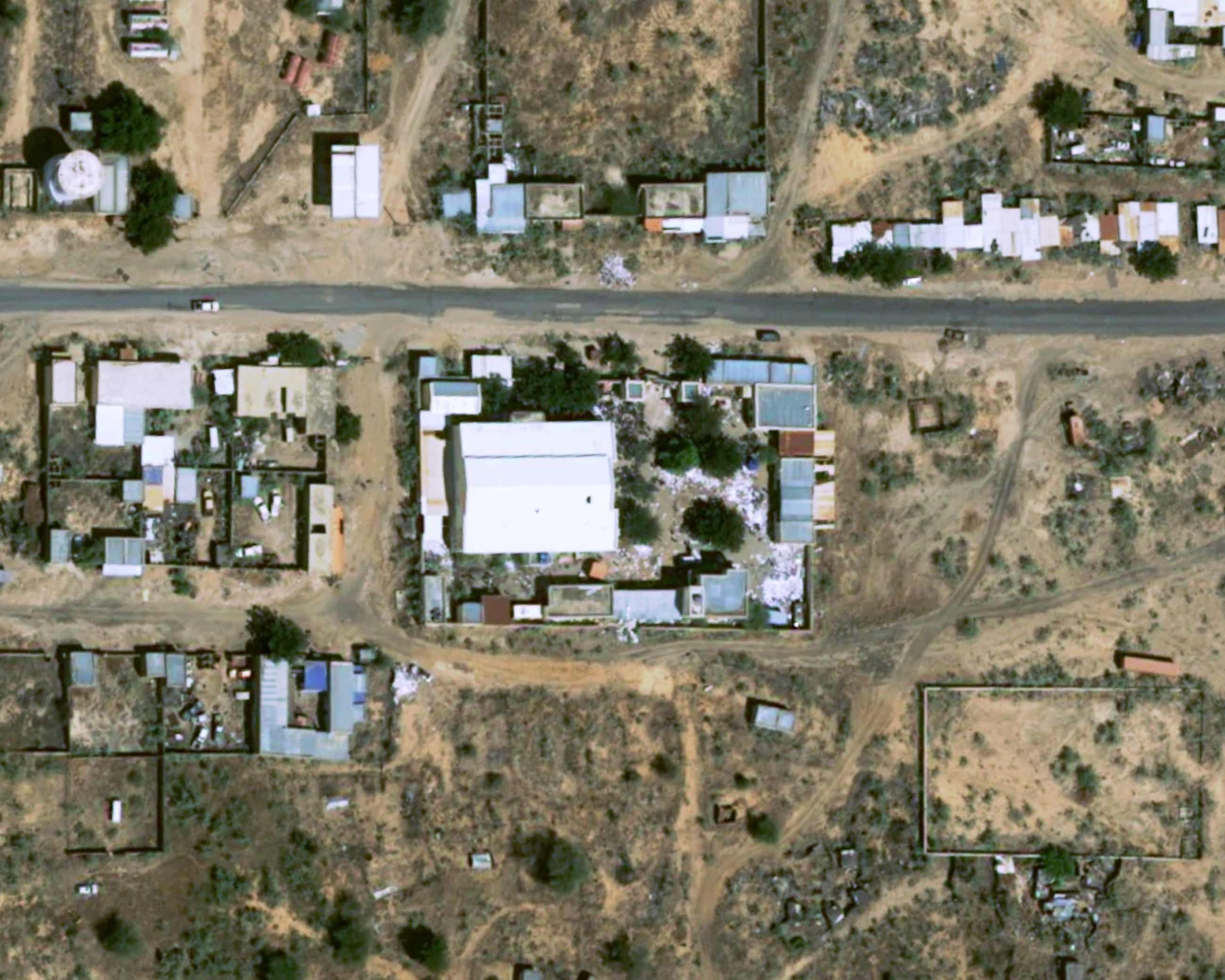Critics say new Iraqi textbook on Baath era downplays crimes against Kurds

ERBIL, Kurdistan Region - A new textbook about atrocities committed by Iraq’s Baath regime sparked concern among Kurdish students and officials, who say it downplays crimes committed against Kurds.
The textbook, introduced this academic year by Iraq’s education ministry, is part of the grade 10 curriculum. At Wasba School in Kirkuk’s Arafa neighborhood where most students are Kurds, the book arrived about three weeks ago.
"It talks about crimes against religion, mostly about crimes against the religious marjaiya and the Sadr family,” student Bahzad Mohammed told Rudaw. The text mentions Kurds “only a little. It is not much. It doesn't discuss Anfal and those crimes."
Marjaiya are religious authorities who offer religious and sometimes critical political guidance to millions. The prominent Sadr family is a Shiite clerical dynasty whose members, notably Muqtada al-Sadr's father and uncle, were executed by the Baath regime, making them symbols of Shiite oppression and resistance.
"It talks about what crimes the Baath regime committed against Kurds and how many people it killed. They say it discusses it [the Kurds], but I have not seen it,” said student Danyal Ahmed.
Teachers say the Arabic-language book is being treated as a low-priority subject in schools.
“If the education ministry wants to create a curriculum, it should refer to professors, teachers, and doctors who can identify the issues from all disciplines, identify the crimes, identify the illnesses in society, then turn it into a curriculum. Why? So our [future] generations can be educated on them,” said education expert Dler Darwesh.
Kurdish officials object to the lack of emphasis on Anfal and the terminology used.
The Kurdistan Region’s Ministry of Martyrs and Anfal Affairs has formally raised concerns, saying the textbook diminishes Baath crimes against Kurds and uses terminology that undermines Kurdish constitutional status.
"Most of the crimes mentioned in that book discuss crimes against the Shia component in central and southern Iraq. In a very ugly way, it has not said the name Kurdistan Region but refers to it as northern Iraq,” said Navsar Nouri, undersecretary of the ministry.
The ministry is sending an official message to Iraq’s education ministry demanding revisions.
The book on Kurds
The textbook, titled Crimes of the Extinct Baath Party, outlines crimes committed by the Baath regime, detailing repression, mass violence, mass displacement, and the destruction of Kurdish areas.
It states the Baath government initially “paved the way for negotiations with the Kurdish national forces” and signed the 1970 autonomy agreement, but later “reneged on its agreement... and began implementing its criminal policies,” including an attempt to assassinate Mullah Mustafa Barzani in 1971.
The book highlights the 1975 Algiers Agreement, under which Iraq “ceded large parts of Iraqi territory and half of the Shatt al-Arab waterway” to Iran in return for Tehran ending its support for armed Kurdish groups.
It describes collective punishments such as the bombing of Qaladze and Sulaimani University, “in which poison gases were used, resulting in the deaths of nearly 400 martyrs,” and says Kurdish cities were repeatedly attacked “using poison gas and internationally prohibited weapons.”
The textbook also details displacement campaigns, mass arrests, disappearances, and the destruction of agricultural land in Erbil, Sulaimani, and Duhok “to finally eliminate our Kurdish people.”
An estimated 182,000 Kurds were killed in the Anfal campaign, which the Iraqi parliament officially recognized as genocide in 2008.
Land disputes persist in Kirkuk
The Baath regime’s crimes against Kurds are still being felt today, especially in Kirkuk where decades after the forced displacement and confiscation of Kurdish and Turkmen land, the restitution process remains incomplete, with legal and bureaucratic hurdles delaying the return of property to its original owners.
In 1975, the Iraqi government declared several Kurdish villages in Kirkuk as prohibited oil zones, stripping residents of land rights. Two years later, under Baath Supreme Revolutionary Court Decree No. 949, those lands were redistributed to Arab settlers.
Following the fall of Saddam Hussein’s regime in 2003, Iraq’s postwar constitution introduced Article 140, which sought to reverse the Baath-era demographic changes in Kirkuk and other disputed territories. Yet implementation has faced years of political and administrative delay.
“What remains will be resolved in stages, and I believe that not much is left to implement the law,” Dilan Ghafoor, a Patriotic Union of Kurdistan (PUK) member of the Iraqi parliament, told Rudaw’s Nwenar Fatih in a recent interview.
In January, Iraq’s parliament passed a land restitution law to return property that had been confiscated from Kurds and Turkmen. The law covers roughly 300,000 dunams (around 750 square kilometers) in Kirkuk and nearby areas, building on a 2023 Council of Ministers decision to revoke Baath-era decrees.
Despite these steps, Kurdish farmers continue to face arrests and lawsuits for working their ancestral lands.
Ghafoor noted that the Council of Ministers must still issue detailed implementation instructions, saying the Council of State - Iraq’s top legal and administrative advisory body - is currently “reviewing instructions” and handling “only implementation of the [legal] provisions.”
She added that while displaced Kurds have been allowed to return to Kirkuk, many were resettled outside the city’s master plan, excluding them from urban infrastructure and public services.
“Kurds who were expelled to the Kurdistan Region and returned [to Kirkuk] were given lands outside the masterplan of the city. This has deprived them of all the services,” she said, adding that although Kurds make up about half of Kirkuk’s population, they “do not make up 32 percent” of those employed in government institutions.
[Source: Rûdaw English]
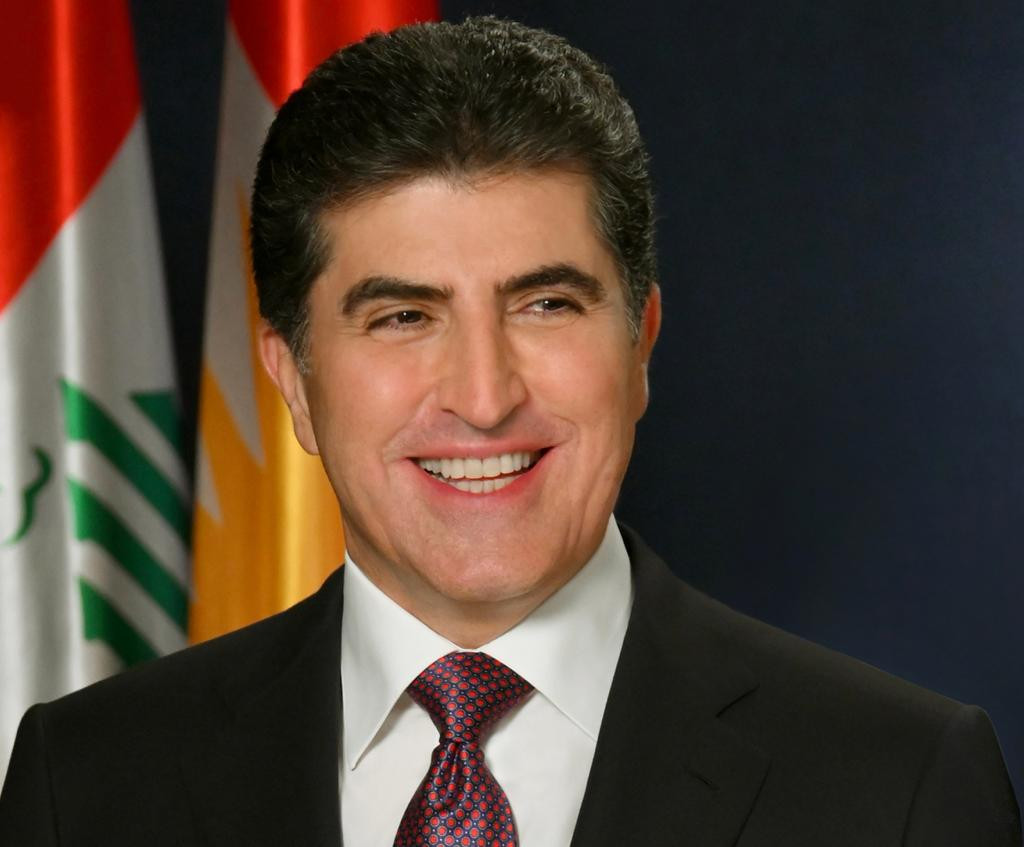




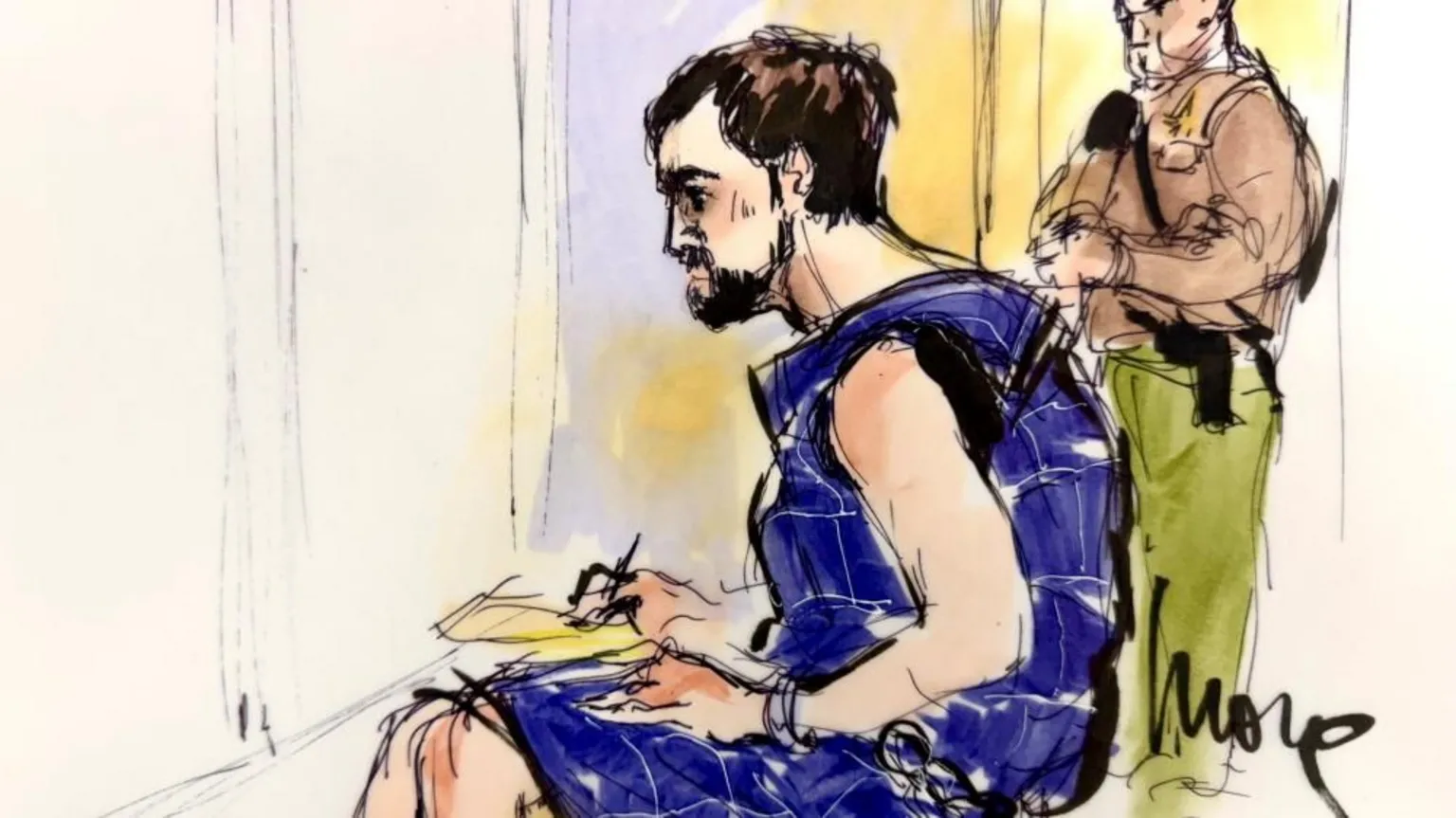



/file/attachments/orphans/rebecca-hague-mothers_864112.jpg)



/file/attachments/2985/Anattendeeshakeshandswitharoboticarm_TomohiroOhsumi_GettyImages_572093.jpg)




